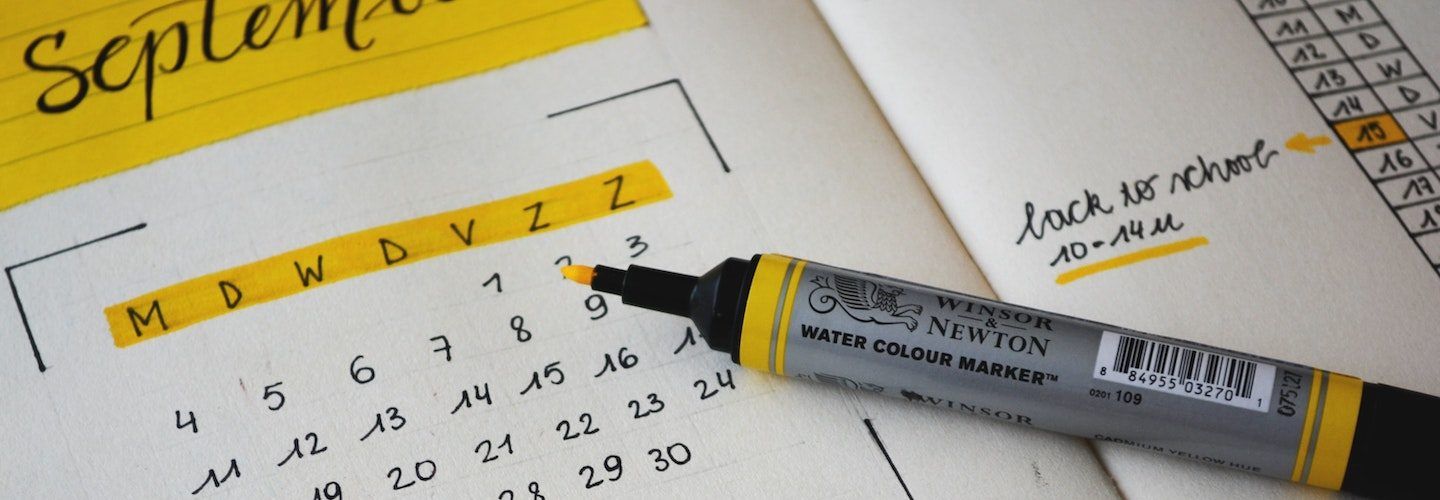“When you’re saying yes, you’re saying no to something else. Everything in life has a price.” This is what Ric Elias told me when I asked him if he felt bad saying no to things, something he has become very good at doing since his near-death experience in 2009.
Time is the ultimate currency. We often fail to appreciate just how much of a premium we should place on this resource. I can’t tell you how many times I’ve accepted an invitation only to regret the decision later. Why did I agree to that time-sucking conference call in four weeks? Why is my schedule filled, yet I feel like I’m wasting my time? The short answer is that I’m really good at saying yes. But just like Ric explained, it often puts me in a place where I’ve indirectly said no to more important things in my life.
In light of this, and at the insistence of Ric, who I consider a significant mentor, I now keep a “no” journal. I’m a firm believer in the idea that what gets measured gets managed. Anytime I say no to an ask that I would have previously said yes to, I record the ask into my journal. If you’re anything like me, you’re probably skeptical that this plan is going to work out. It’s easy to start journaling, but it’s hard to do it consistently. Not only that, how am I going to assess my progress? Grading your own homework can be a problem.
To combat these tendencies, I said yes to monthly accountability calls with Ric Elias (and bless his heart, Ric didn’t say no to agreeing to this arrangement). We review my journal—all the asks I said no to in the previous month—and how much time it opened up for the future. This has not been easy. It’s actually been one of the hardest things I’ve ever done.
Most of us understand the concept of having a good financial advisor to help manage our finances. We recognize that a good doctor can help improve and preserve our health. But I think we fail to appreciate the role that a good time management consultant can play in helping us recognize our shortcomings and optimize our most precious resource.
The power of saying no is not a new concept. In addition to Ric Elias, Jason Fried and Ryan Holiday have also spoken eloquently about it on the podcast. Most of us struggle with saying no. Saying no is simple, but it’s not easy.
There are a few reasons why I think this is the case. When we say yes to an invitation to a future event, we often discount the demands it will place on us when the time comes to attend it. Call it a form of future discounting. The other reason is that most of us want to be liked and don’t want to disappoint other people. By saying no, we think that the person on the receiving end is going to think negatively of us. There is also another reason I sometimes say yes to things I’d be better off declining. I’m a naturally curious person, and many of the things I do say yes to are, indeed, worthy of time, assuming one has more of it than I do.
Jason Fried offers some good advice on tackling the first problem—try to see the future event for what it really is in the present moment. When asked to do something, Jason doesn’t ask himself if he wants to do it today, but would he want to do it in the future. This small shift in thinking helps him say no to more things. Think about the time commitment more deeply than a one-hour block on your schedule for a speaking engagement, for example. This event may take considerable preparation as well as travel time. A one-hour talk can easily take 48 hours of time away from home, and the preparation for it might take longer than you considered when agreeing to participate.
The other thing to appreciate is that saying no does not mean you’re a bad person. However, there are good and bad ways to decline an invitation that can make the difference between coming off as selfish and unkind versus being respectful and grateful. When saying no, Jason makes sure to appreciate the invitation while also being honest about the demands of his time.
I remember the first time I outright denied a request I would have otherwise said yes to. (I also recall how uncomfortable—physiologically unbearable actually—it felt to say no!) To my surprise, and I’m not making up a word of this, the person said, “Peter, I respect you so much for having the discipline to decline my ask. I understand, and I hope I can also take a page out of your playbook on this.” I’ve faltered a few times since that day, but my derivative is positive.
To help this sink in a little more, read this short piece from the Daily Stoic on the importance of protecting your time. I think it hits the nail on the head. If you’re struggling with saying no, think about keeping a “no” journal and consider listening to the podcast episodes linked above. Also, we’re planning on doing another podcast episode with Ric in the future, so if you have any questions for him on the topic, please let us know.






Reminds me of the famous Rumi quote: “A thousand half-loves must be forsaken to take one whole heart home.” As you might expect, Forsaking Half-Loves is a demanding practice. St. Augustine termed it “ordering our loves.”
Greg McKeown’s excellent book “Essentialism: The Disciplined Pursuit of Less” is arguably one of my favourite books. Saying “No”, politely and crafting boundaries is the central theme. A very worthy read / audio book.